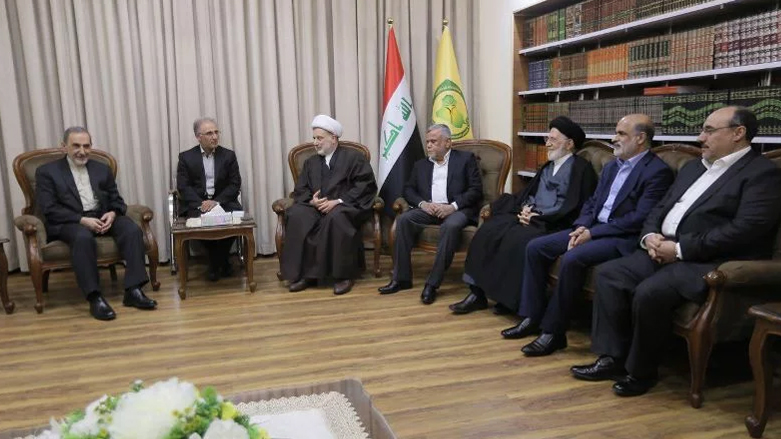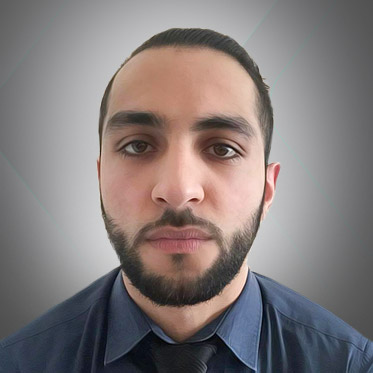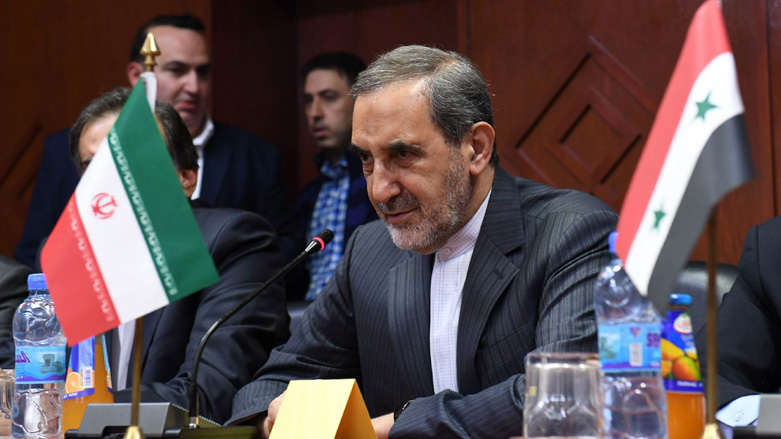Iraq stands with Iran, rejects US presence in region: Deputy Speaker of Parliament

ERBIL, Kurdistan Region (Kurdistan 24) – Deputy Speaker of the Iraqi Parliament Humam Hamoudi on Monday said his country stands with Iran in “one front” against terrorism and expressed support for Iranian statements rejecting the United States’ presence in the region.
Hamoudi’s comments came during a meeting with Iran’s senior adviser to the Supreme Leader Ali Akbar Velayati who had visited Baghdad a few days ago.
In a statement issued by his office, the Iraqi Deputy Speaker said Baghdad and Tehran are in “one front against the threat of terrorism” and that the two should work closely to expand their military and intelligence efforts in this regard.
“I also agreed with [Velayati] to reject any US military presence in the region,” Hamoudi said, accusing Washington of having “its own malicious aims and objectives.”
On Friday, during a meeting with Iraq’s Foreign Minister Ibrahim al-Jaafari, Velayati claimed Iran’s presence in Iraq and Syria was meant to “prevent the US from interfering” in the Kurdistan Region.
Iran’s regional influence has increased especially with its forces and allied factions involved in the battle against the Islamic State (IS) in Iraq and Syria.
Moreover, since the fall of former Iraqi dictator Saddam Hussein in 2003, Iran has played a role in shaping the political scene in Baghdad.
The US, meanwhile, is concerned that Iran will benefit from the gains made against IS in Iraq and neighboring Syria to expands its grip on the region.
Senior US officials have often pointed to the growing presence of Iranian proxy forces in Iraq, especially since the creation of the Iranian-backed Shia Hashd al-Shaabi militias and their eventual inclusion into the Iraqi Armed Forces.
Last October, US Secretary of State Rex Tillerson said it was time for the Iranian-backed factions as well as their Iranian advisers “to return to their homes” following the defeat of IS.
With the upcoming Iraqi elections planned for May, it does not appear that Tehran’s influence in the country will abate anytime soon, especially as Iranian officials like Hadi al-Ameri, the leader of the Hashd al-Shaabi’s Badr Organization, plan to run in the legislative elections.

